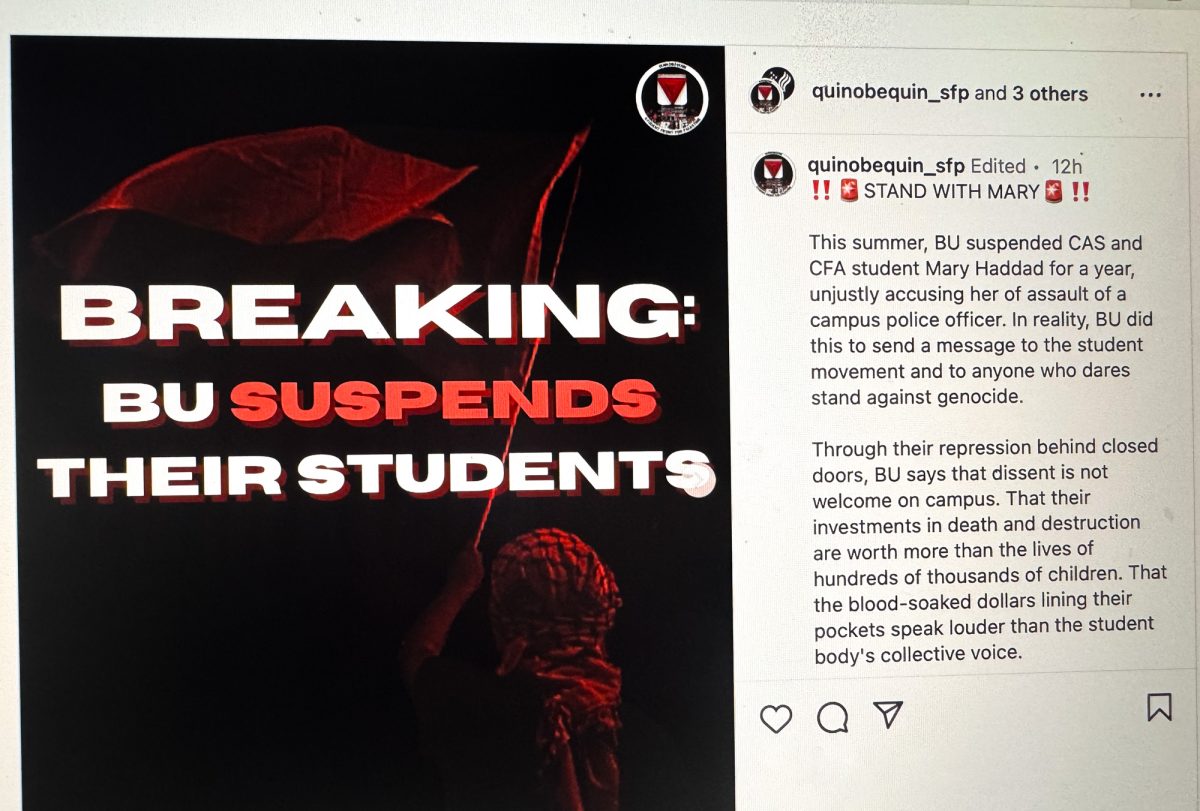The shocking victory of Hamas in last week’s Palestinian election presents yet another setback to the neoconservative vision of spreading democracy throughout the world. It seems prudent to take a step back and analyze — with an open mind and the clear vision of hindsight — the progress and lessons of the current direction of U.S. foreign policy. Much as the doomsday scenario of the Cold War involved the world’s nations falling like dominoes to Communism, the optimistic, alternative vision of the post-Cold War, post-9/11 world held that the United States could, by setting the right ball in motion, lead the Middle East towards freedom, market economies and representative democracy, to the benefit of all. The vision was surely a noble one, based on an essentially valid, long-term strategic assessment of the region. Oil will eventually be replaced by more efficient energy sources. With no institutional alternative of free markets and stable governments that do not depend entirely on oil revenue, it is inevitable that, unless there is a drastic geopolitical shift, the Middle East will descend into chaos, poverty and possibly Islamic extremism within a few decades. Therefore, the reasoning went, the region must be planted with the seeds of democracy, free markets and open societies long before the inevitable collapse occurs. The easiest target was Iraq — its army was weak, its tyrannical regime was despised by the majority of its population and it was believed to be developing weapons of mass destruction – so this was a logical place to start. The Iraqi regime would be removed, elections would be held, a democratic constitution would be established and a representative government would be freely elected. The world would applaud the American initiative, and Iraq’s neighbors, fascinated by the great success of freedom in their midst, would gradually join the party. It is premature to judge the Iraq war a failure. In fact, I am still optimistic. But even in the best scenario, it is clear that the rosy dream presented before the war was grossly naive and unrealistic. As the Palestinian election illustrates, even an eventual victory in the Iraq strategy would be fraught with danger. Specifically, four lessons must be learned from the current situation that will be critical to future policymaking. First, as the Palestinian election shows, there must be a legitimate, powerful opposition party in place for democratic representation to be of strategic advantage. Holding elections with only bad candidates, or good candidates with no popular recognition or support, is worse than not holding elections at all. The opposition to the Fatah party was Hamas, so a vote against corruption was automatically a vote for Islamic extremism and the destruction of Israel. Whether this was truly the wish of the Palestinian people is not clear, but the election results make the distinction irrelevant. Second, spreading democracy is not a zero-sum game. Any victory for democracy in Iraq is also a victory for Iran, which has been and will continue to be a natural ally of the Kurdish and Shia majority. Similarly, American influence in the region gives the Iranians a stronger argument for developing a nuclear deterrent. Iraq will likely become a focal point, much like those of the Cold War, in which two powers — in this case the United States and Iran — face off via their allies in a proxy state. This is a reality we must understand, accept and prepare for if we are to continue with this strategy. Third, democracy in every country is not in our strategic interest. We benefit tremendously from the stability of the Saudi monarchy. Were a popular revolution to break out in Saudi Arabia, the resulting regime, even if freely elected, would almost certainly be worse than the status quo. Likewise, Pakistani president Pervez Musharraf, a crucial ally of the United States, is far better than the Islamic parties which seek to overthrow him. In Afghanistan, the tribal warlords, supported by opium production, are preventing the Taliban from regaining control of that country. In Egypt, the regime of Hosni Mubarak is opposed by the Muslim Brotherhood, long considered to be affiliated with terrorism. Similar arguments can be made for Jordan, Kuwait and many other undemocratic allies of the United States. The old cliché that the devil you know is better than the devil you don’t is particularly true for the Middle East. Finally, realistic strategic planning must accept the reality that the United States’ status as the world’s sole superpower will be short-lived. We cannot simultaneously demand that China implement market reforms and open society, and yet not become a global superpower in its own right. Globalization, which is surely in our strategic interest, is bound to produce competing powers, which will not necessarily share our values or interests. We should see the emergence of competition not as a threat but as an opportunity to forge broader alliances and stronger economic ties. Ultimately, it will be diplomatic and trade relations that deter military aggression far more effectively than arms races or economic sanctions.
Ben Buckman, a sophomore in the College of Arts and Sciences, is a weekly columnist for The Daily Free Press. He can be reached at [email protected].





















































































































